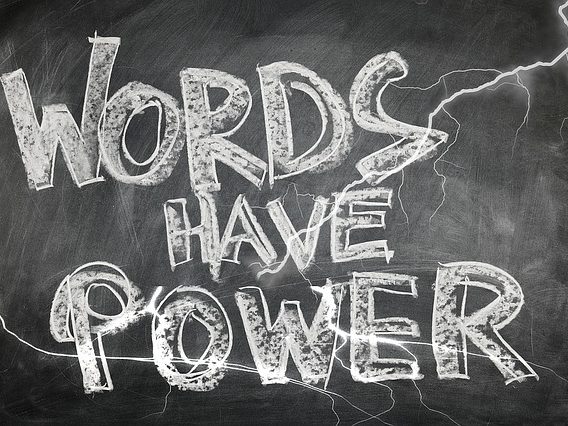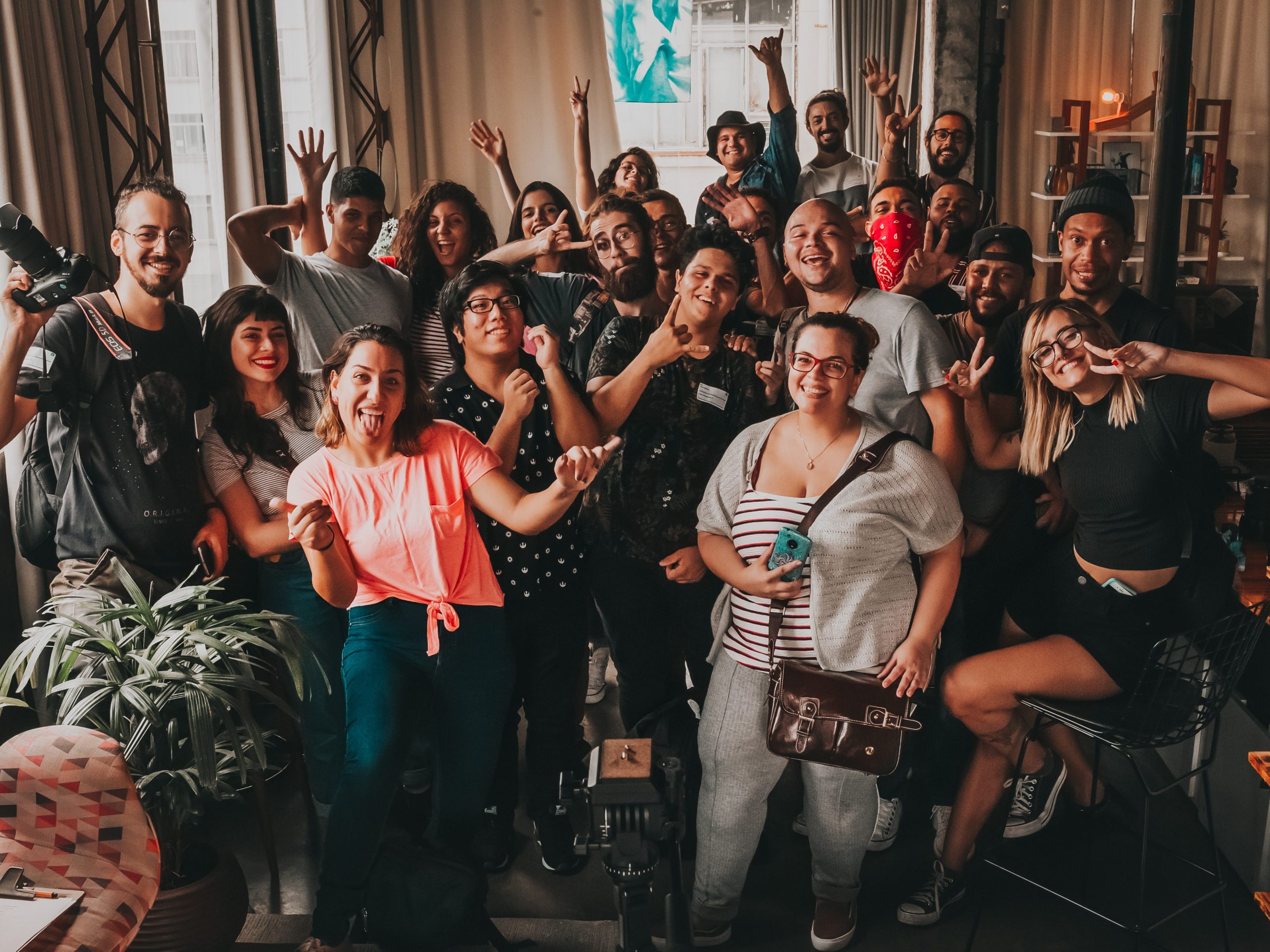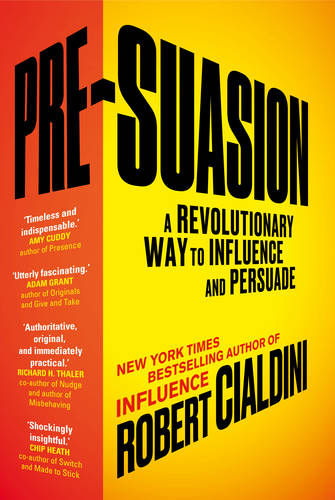
What’s the point of copywriting?
I might get asked that a few times a year. Whether we’re talking about copy or content, the point of the good stuff is to persuade people to do something, ideally the thing you want them to do.
I loved this quote from Teressa Iazzi, formerly of Fast Company, and author of The Idea Writers
Copywriting is about selling a story
Teressa Iazzi
What she didn’t say is copywriting is about selling your stuff. But if your story, your content is persuasive, then ultimately people will do more of what you want them to do, including parting with their time, their attention and their money.
So, how can you be more persuasive?
And no, this doesn’t have to be like some sleazy snake oil salesperson. In fact there’s a lot of research behind this, with Robert Cialdini being an expert in this field. See the end of this post for recommendations on his books.
Originally Robert had six principles but has recently added a seventh. Here’s how you can use each of them
Authority
Generally, we feel obligated to comply with figures of authority (although I admit this might be wearing a little thin for a while after a year of lockdown). Someone who appears to know what they’re talking about can help us to make a decision.
So, who has authority in your field? There are obvious answers, of course. If you’re a food business then you might want to have the opinion of:
- a chef
- a food writer
- a nutrionist
- a big influencer in food
I’m sure you get the idea. There’ll be a similar list for every kind of industry. But don’t miss an important one.
You should be an authority figure too
If you own the business, and developed the product, then you ought to be able to talk with the most authority about what you do. You want to become associated with your particular specialism, both with your customers and with other “authority” figures.
For example, you make incredible charcuterie. You can talk with knowledge and passion about the end to end process, the sourcing of the meat, the history of charcuterie.
You want your customers to know that you know your stuff. It helps them to trust you.
You also want to have an external reputation for knowing your stuff. That way when journalists are looking for a quotable source, or event organisers are looking for a speaker, your name should be front of mind (or high in the Google search results).
Scarcity
You’ll recognise this tactic. Time limited offers, or limited editions. It plays into the classic thing of wanting something more if you can’t have it.
It can work, but not every time. Don’t become the brand that always cries wolf, but then has another wolf along in about a week’s time. Like the DFS sale or Clinique Bonus Time, you just train customers to wait, not to really value what you do.
Social proof and consensus
Many people like to see others doing what they’re doing. It validates the choices they’ve made, or are about to make.
It’s why we like to see reviews, or numbers of units sold. Photos of other happy users. It helps people feel like they’re not going to look like a fool by buying this, or doing something. Even if people aren’t conscious of that holding back their decisions, the research is there to suggest it is.
Liking
I really resent, back in the days when it was a thing, booking RyanAir flights. I would do everything to try and avoid it. Then feeling a bit pissed off when it turned out to be my only option.
Why?
Quite simply because I don’t like Michael O’Leary. The man, his approach, most of the words he utters, they all make me continue to dislike him.
We like to say “yes” to people we like. People who are similar to us, who pay us compliments (and don’t treat us like cattle or idiots) and have similar goals and values.
It’s possibly why nano-influencers (those with 1,000 to 5,000 followers) have been on the rise. They’re going to feel more like us than say, Kim Kardashian, telling us her opinion on something. And we tend to like people like us.
Not everyone will like you (and that’s not your aim) but just make sure you tell people enough about yourself and what you’re up to that they get the chance to make up their minds as to whether they like you or not.
Reciprocation
As humans, we are wired to feel obligated to respond when something does something nice for us. So this isn’t about us as businesses saying “help me and I will then help you” but more about doing something nice, with hope but no guarantee of anything in return.
The secret apparently is in how you respond to any thanks you get for those gestures. Which is mainly that you say thanks for the thanks. Let people know you’ve seen them appreciating your efforts, that you see them.
Consistency
When did you last change your bank, or insurance company?
Once we’ve committed to something, we’re inclined to stick with our choices. If you’re asking someone to do something that fits in with what they’ve done before, it’s more likely to get an agreement.
In other words, we have to work hard to lose customers because they prefer to not to have to make a new choice. Just keep proving to them why their first decision was a good one.
Unity
This is the seventh principle that’s been added recently. It’s about shared identity. The more we identify with being a member of a group, the more powerful the unity we feel to do as the group does.
It’s a bit of a move on from consistency I guess. But making people feel like part of a movement, rather than just buying something, has the power to make people have a much stronger connection with what you do.
Prepare the ground
It doesn’t matter how persuasive your content is if the basics aren’t right.
Even the finest seeds will not take root in stony soil or bear fullest fruit in poorly prepared ground
Robert Cialdini
Don’t make your returns process tricksy or only ever send out sales messages. Help people to see what you do as more than just the product.
Want to know more?
Robert’s books are fascinating, and he has a new one out called Pre-Suasion that I am looking forward to getting stuck into. There’s also a new edition of Influence due out in May, or the existing one is still available.



